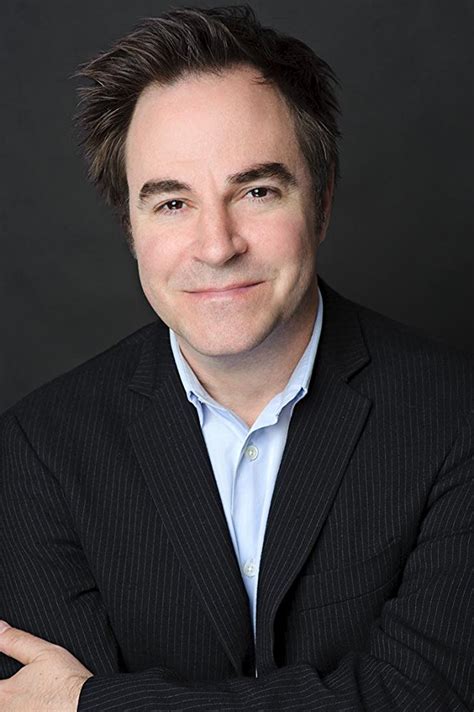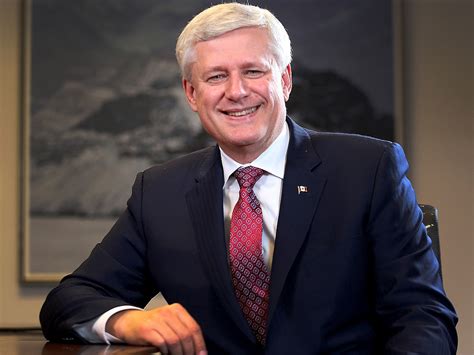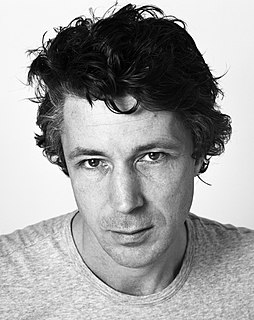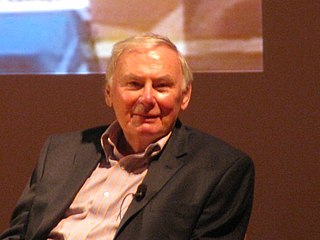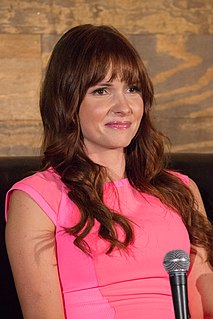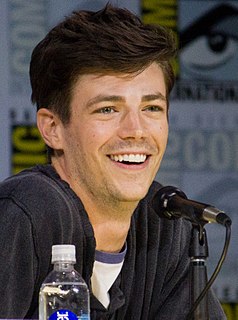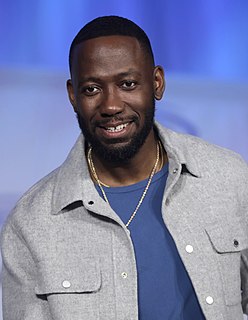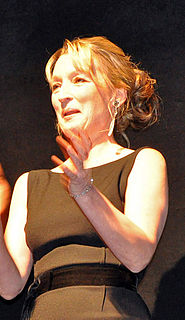A Quote by Roger Bart
There's something about that relationship between actor and audience. Whether you get it on Broadway or in a fine local playhouse, there's no greater drug. Every time I get to do TV, film and a play in the same year, it's my dream come true.
Related Quotes
I've always loved theatre because it's so immediate. The challenge of it is that, career wise, it's easier to get traction in the industry if you do film and TV because the audience is larger, and because the work can be seen for a longer period of time. I did solid work in a series of regional and Off-Broadway shows, but the work I did on TV or film will have a longer life with a larger audience (and with services like Netflix). Ultimately, there's something intimate about TV, because the storytelling and the actors come home with the viewer. It can be powerful because of that.
The first thing I say when people ask what's the difference [between doing TV and film], is that film has an ending and TV doesn't. When I write a film, all I think about is where the thing ends and how to get the audience there. And in television, it can't end. You need the audience to return the next week. It kind of shifts the drive of the story. But I find that more as a writer than as a director.
The big difference I think between tv and stage is definitely the immediate buzz that you get. And that's not just as an actor, as an audience member you're getting the chance to have this kind of two-way process where the actors and the audience are experiencing the same thing. With tv you often have to wait months and months down the line to actually get the pay-off. Whereas with theatre it's a very immediate thing.
An actor can do a play on Broadway for three years. Every night he's expressing the same emotion in exactly the same way. He has developed a technique to convey those feelings so that he can get the ideas across. Or a musician may not want to play that damn music at all, but he has a booking and has to do it.
I've made a point of trying not to play the same part and of moving between theatre and film and TV. The idea is that by the time you come back, you have been away for a year, and people have forgotten you. If you like having time off, which I do, that's a good career strategy. Or at least, it's my strategy to keep my head together.
There's something really cool about TV. TV, you get the luxury of having the same people around. It is such a blessing when you get a TV job. You really have a chance to get to make, like, work friends. I think TV is one of the few mediums where I've had the opportunity to get to know my crew members.
I've always longed for the theatre and acting to be popular. No actor wants to play to an empty house. We only do it for an audience. The more the merrier. I don't make any distinction between a popular TV series or blockbuster film and doing Shakespeare. They're different, but as long as the material is good and the intention is honourable, it's all the same to me.
TV becomes easier because you get to spend time with that character. It's going to go on for a while, and the more you know something, the easier it becomes, the less nerves you have about it, and the better it is for improv because you have that camaraderie between cast regulars. In film, it's harder because you got to get in and get out.
We see films all the time, whether they have access to all kinds of intellectual property or artifacts, and the one thing that they don't get is story. So I think whether you're talking about a biopic or an action film or a science-fiction film that has all the CGI in the world, if you're not trying to connect with an audience, it doesn't really matter.
Stage is the ultimate test; I like watching established screen actors on stage to see if they can really do it. But it's great to have a healthy mixture of the two. Film is so technical: there's something very particular about the relationship between you and the camera. It took a long time for me to get good on film.
